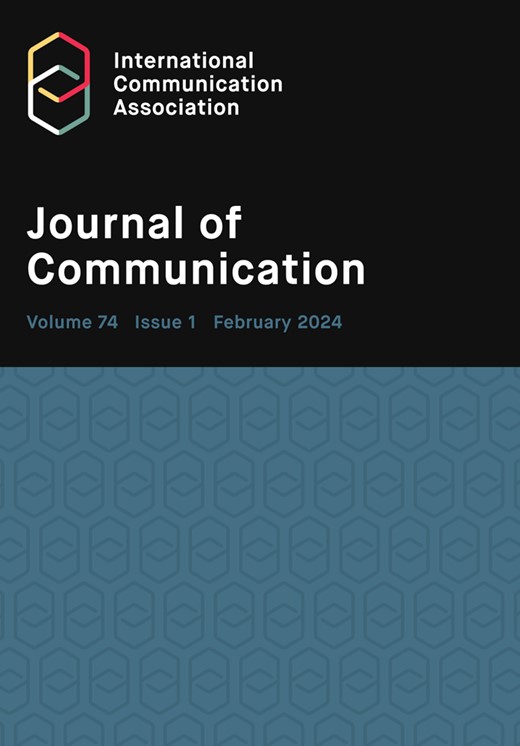"你想做什么?":急诊护士与医生互动中的专业知识紧张与权威谈判
IF 5.5
1区 文学
Q1 COMMUNICATION
引用次数: 0
摘要
协作工作是一种交流环境,在这种环境中,组织行动者在解决复杂问题时,要驾驭知识与权力界限的模糊。本文对专业知识的紧张关系进行了理论分析,这种紧张关系是指具有宝贵见解的个人缺乏相应的行动权限,反之亦然。通过观察和访谈,我们研究了在医院急诊科解决问题的过程中,医生和护士是如何处理这种紧张关系的。我们发现,护士在发现紧急问题时,会同时向医生询问"[在这种情况下]你想怎么做?",从而既维护了自己的情境权威,又表现出了一种唯唯诺诺的样子。根据情况的紧迫性和模糊性,这个问题引发了三种解决问题的活动(即按需指导、逆向指导和合作即兴)之一。我们讨论了护士和医生如何在不损害他们对专业知识和权威的不同主张的情况下处理专业知识紧张关系,强调了以交流为中心的观点在研究这种动态关系中的价值。本文章由计算机程序翻译,如有差异,请以英文原文为准。
“What do you want to do?”: expertise tension and authority negotiation in emergency nurse–physician interactions
Collaborative work represents a communicative context in which organizational actors navigate the blurring of knowledge and authority boundaries as they address complex problems. This article theorizes about expertise tension that arises when individuals with valuable insights lack corresponding authority to act, or vice versa. Using observations and interviews, we studied how physicians and nurses navigated this tension in problem-solving situations in a hospital emergency department. We found that nurses, who identified emergent problems, simultaneously asserted their situational authority and displayed a veneer of deference by asking physicians, “What do you want to do [in this situation]?” The question prompted one of three problem-solving activities (i.e., instruction by demand, reversed instruction, and collaborative improvisation) depending on the situation’s urgency and ambiguity. We discuss how nurses and physicians managed expertise tension without undermining their different claims to expertise and authority, highlighting the value of a communication-centered view in examining such dynamics.
求助全文
通过发布文献求助,成功后即可免费获取论文全文。
去求助
来源期刊

Journal of Communication
COMMUNICATION-
CiteScore
11.60
自引率
5.10%
发文量
41
期刊介绍:
The Journal of Communication, the flagship journal of the International Communication Association, is a vital publication for communication specialists and policymakers alike. Focusing on communication research, practice, policy, and theory, it delivers the latest and most significant findings in communication studies. The journal also includes an extensive book review section and symposia of selected studies on current issues. JoC publishes top-quality scholarship on all aspects of communication, with a particular interest in research that transcends disciplinary and sub-field boundaries.
 求助内容:
求助内容: 应助结果提醒方式:
应助结果提醒方式:


